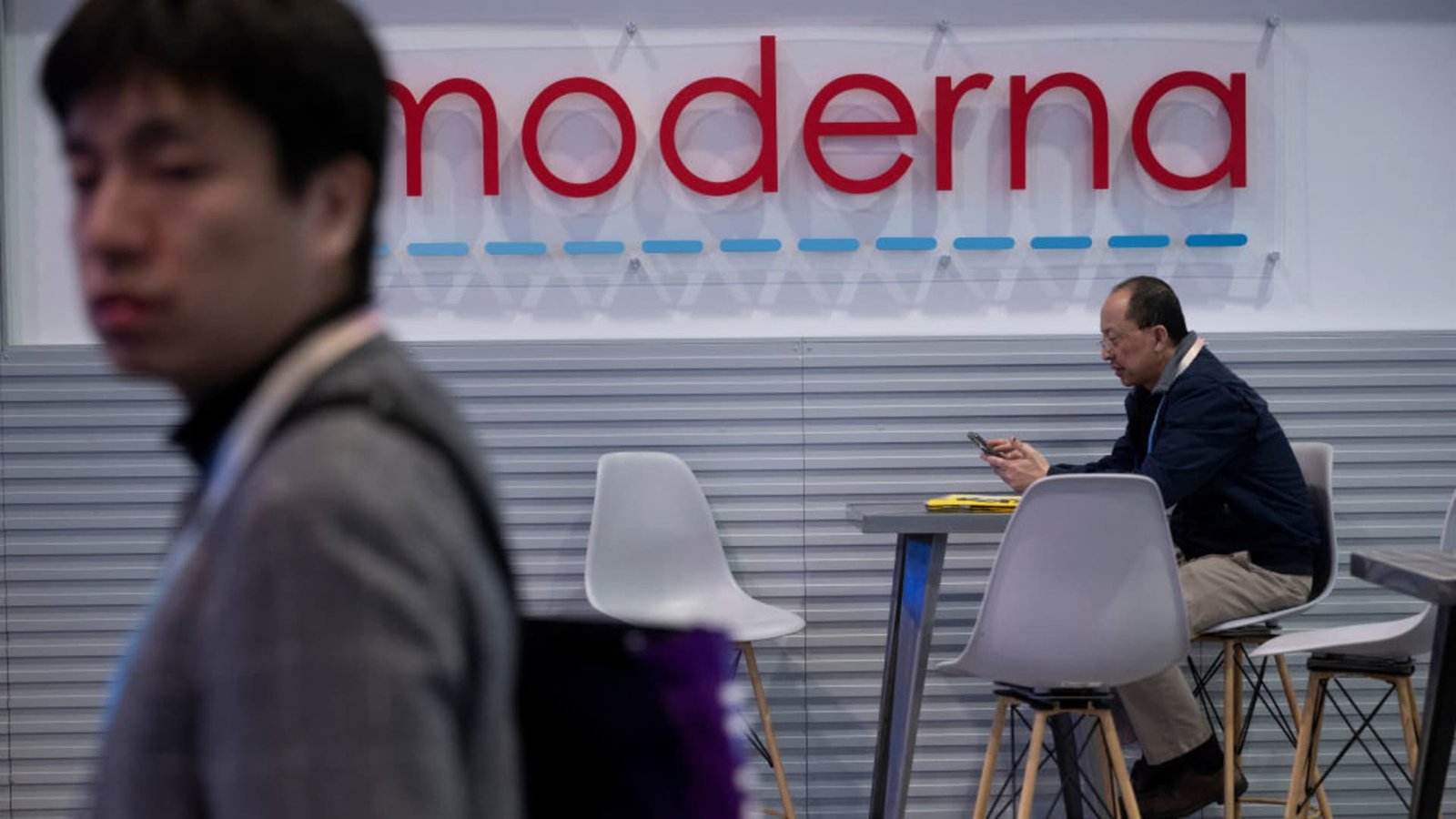In this article, Merck reported third-quarter revenue and adjusted earnings that exceeded expectations due to strong sales of its top-selling cancer drug Keytruda, recently launched treatments, and its animal health business. However, the company’s HPV cancer prevention vaccine, Gardasil, experienced lower-than-expected sales, with an 11% decrease compared to the previous year.
Merck revised its full-year sales forecast to a range of $63.6 billion to $64.1 billion and adjusted profit guidance to $7.72 to $7.77 per share. This adjustment was influenced by a one-time charge of 24 cents per share related to business development deals with Curon Biopharmaceutical and Daiichi Sankyo. Consequently, Merck’s shares dropped nearly 3% on Thursday.
For the third quarter, Merck reported net income of $3.16 billion, or $1.24 per share, and revenue of $16.66 billion, a 4% increase from the same period last year. The company also highlighted progress in preparing for the patent expiration of Keytruda in 2028, which may impact future sales.
Merck has introduced new medications like Winrevair and Capvaxive to offset potential revenue losses. The company’s CEO, Rob Davis, mentioned that their pipeline of late-stage drugs has expanded significantly, with over 20 unique products in development. Merck anticipates numerous drug and vaccine launches in the next five years, many of which have substantial revenue potential.
The pharmaceutical division of Merck generated $14.94 billion in revenue during the third quarter, with Keytruda contributing $7.43 billion, a 17% increase from the previous year. Gardasil sales declined to $2.31 billion, primarily due to reduced demand in China. Merck remains optimistic about Gardasil’s long-term prospects and aims to achieve $11 billion in global sales by 2030.
Winrevair, approved in March, generated $149 million in revenue for the quarter, surpassing analysts’ expectations. Conversely, Januvia sales decreased by 42% to $482 million, attributed to lower prices in the U.S. and generic competition in various markets. Sales of Merck’s Covid antiviral pill, Lagevrio, fell by 40% to $383 million during the quarter.
Merck’s animal health division recorded $1.49 billion in sales for the third quarter, a 6% increase from the previous year, slightly exceeding analysts’ projections.




